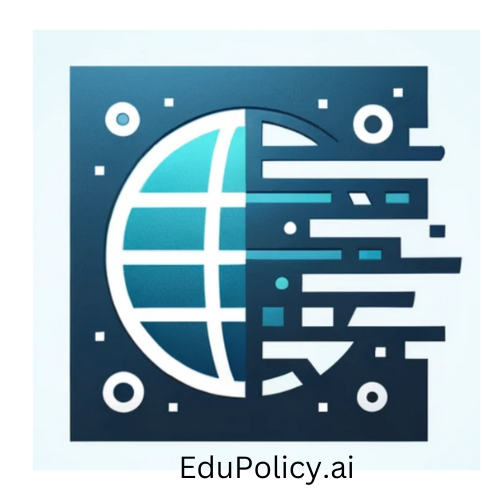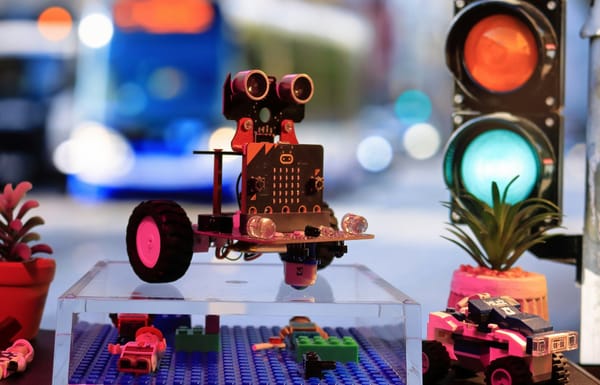Where is our AI Policy?

The more I read, write and research on AI the more I realize we might be putting the cart before the horse. What do I mean by that?
Well, I see a flurry of activity about how to do effective GPT prompts, I see articles about AI in education and in the classroom. I read articles of pro and con about the concepts of the AI innovation in the classroom.
What I’m not reading about is #AI and #aipolicy regulations or guidelines for state governments, counties, municipalities, local governments, school boards, college trustees and so on. The free market enterprise has rushed to the aid of the teachers and classrooms while not having any guidelines in
I think this is why most educators are still hesitant about the new technology. It’s the equivalent of the Wild, Wild, West. While I am just as eager as any enthusiast to embrace the technology to its fullest capacity with the intent of motivating our student stakeholders, I can’t help but think we’re still putting the cart before the horse.
A brief historical background:
States have faced significant challenges with concepts of design governance, AI development and fair use of the technology.
There were Congressional Committee hearings in 2023, where several bills were proposed. Most have yet to pass. Thus, leaving this monumental task of establishing regulatory and compliance frameworks for AI systems to the individual states.
A list of suggested articles or polocies:
- Introduction
- Background
- Policy Framework
- Pedagogical Considerations
- Technology and Infrastructure
- Stakeholder Engagement
- Inclusivity and Accessibility
- Sustainability
- Implementation Plan
- Monitoring and Evaluation
- Training and Development
- Communication Strategy
- Risk Management and Ethical Considerations
- Research and Innovation
- Global and Local Context
- Diversity and Equity in AI
- Student and Faculty Empowerment
- Partnerships and Community Engagement
- Continuous Improvement and Adaptability
- Intellectual Property Rights
- Documentation and Resources
- Ethical AI Leadership
- Interdisciplinary Approaches
- AI Literacy for All
- Quality Assurance and Accreditation
- Feedback and Revision Cycle
- Societal Impact and Responsibility
- Funding and Grants
- International Collaboration
- Conclusion and Future Outlook
- Digital Ethics and Human Rights
- Environmental Sustainability
- Mental Health and Well-being
- AI and the Future of Work
- Public Policy and Advocacy
- AI for Accessibility and Inclusion
- Data Literacy
- AI in Non-STEM Fields
- Ethical AI Research
- Global AI Ethics and Standards
- Conclusion: Building a Responsible AI Future
K-12 and Higher Education institutions are fending for themselves, but what guidance do they have if the individual states have yet to figure it out for themselves?
So, I will leave you with this very rhetorical question, who is governing your AI? Is this sustainable?




